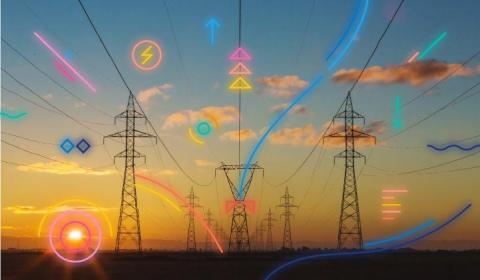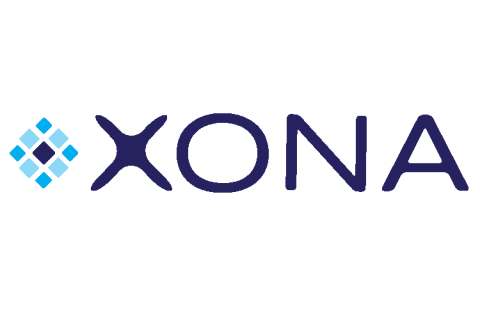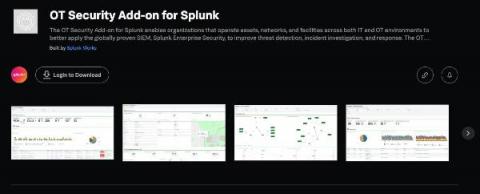Security | Threat Detection | Cyberattacks | DevSecOps | Compliance
ICS
Charming Kitten targets critical infrastructure in US and elsewhere with BellaCiao malware
Iranian state-sponsored hacking group Charming Kitten has been named as the group responsible for a new wave of attacks targeting critical infrastructure in the United States and elsewhere.
Electrical Grid Security: NERC CIP, Cyber Threats and Key Challenges
Electrical grid security has been getting a lot of attention recently. It started fairly quietly, and then when it was a featured story on a news program, it rose to the top of the collective consciousness. However, the news stories that followed were focused entirely on the physical vulnerabilities of the US power grids. Few, if any stories covered the cybersecurity angle of securing the grids.
Cybersecurity in the Energy Sector: Risks and Mitigation Strategies
The demand for cybersecurity in the energy sector is often understated. There is a misconception that very little IT is involved, and much of it does not impact operations. But 97% of surveyed ICS security professionals in the energy, oil, and gas sector believe cybersecurity is a growing concern. No industry has been untouched by digital transformation.
Protecting Your OT Network: The Power of Protocol Isolation
The demand for technology that can support secure user access, both remote and onsite, has expanded beyond IT environments to include the operational technology (OT) and industrial control systems (ICS) that enable organizations in a variety of critical infrastructure (CI) sectors to function. However, the priorities of IT environments (i.e., the confidentiality, integrity, and availability of data).
US National Cybersecurity Strategy Deep Dive: Defend Critical Infrastructure
This is the first post in a series on the pillars outlined in the new US National Cybersecurity Strategy. I review each pillar in turn, and then discuss how services such as Devo can help address the challenges outlined in that pillar.
Baselining and Beyond: What's New in OT Security Add-On v2.2
FBI: 870 Critical Infrastructure Organizations Were the Victim of Ransomware in 2022
The FBI’s newly-released report shows just how ransomware continues to plague critical infrastructure sectors, despite the U.S. government’s recent efforts to stop these attacks. You’ll probably recall the news about ransomware attacking the Colonial Pipeline and other U.S. critical infrastructure (CI) to the point that the government was stepping up their efforts to stop these attacks and even conducting congressional hearings on what to do about the problem.
Distributed Energy Resources and Grid Security
As the United States government, the energy industry, and individual consumers work toward cleaner and more sustainable energy solutions, it is crucial to consider how new and advancing technologies affect, and are affected by, cybersecurity concerns. Increasing use of smart energy devices can be useful for consumers to have more control over their energy consumption, but can also pose a security risk if the devices and systems are not adequately protected.
How Retiring Gas and Coal Plants Affects Grid Stability
Legacy gas and coal plants are being aged out – and no one wants to pay enough to keep them going. With increased pressure from green energy laws and added competition from renewable sources, these monsters of Old Power are being shown the door. Considering they've predated and precipitated all Industrial Revolutions (except for this last one – that was digital), it's safe to say they've had a good long run. So, what's the fuss?







